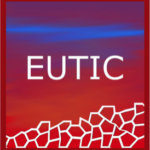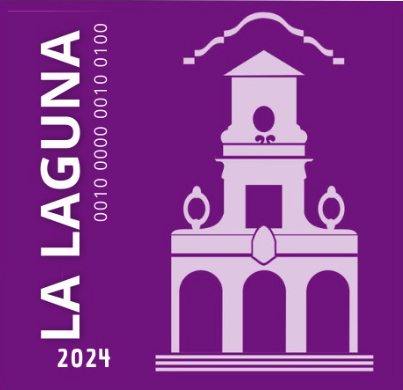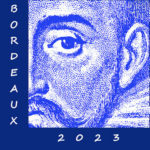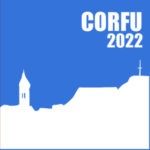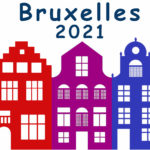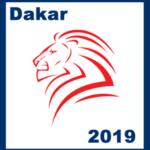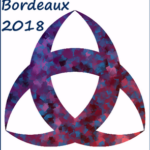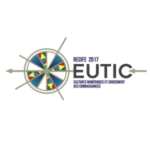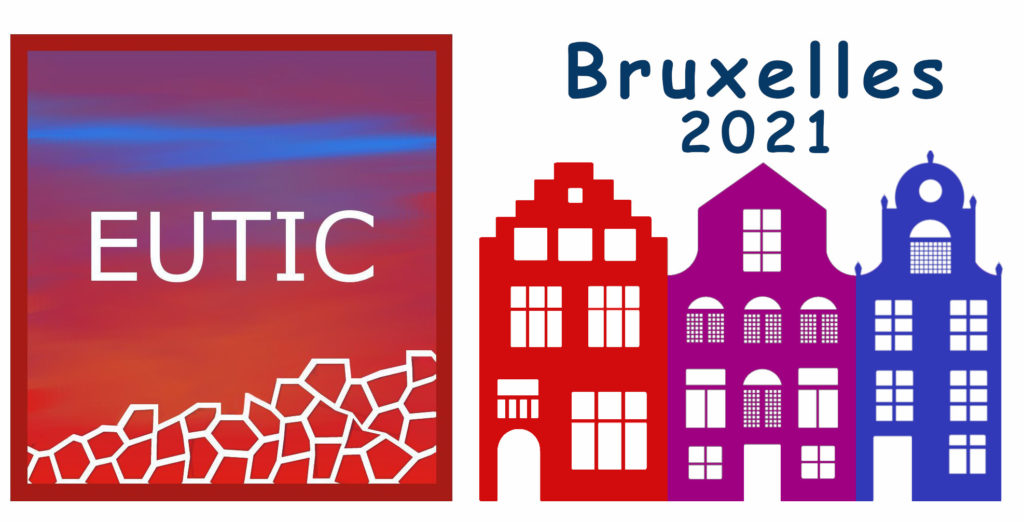
XVIth International Conference EUTIC 2021
International and Multidisciplinary Research Network on ICT Challenges and Uses
The challenges of the digital transition
october 2021, 25-26
ULB (Université Libre de Bruxelles) Avenue Jeanne, 44, 1050 Bruxelles
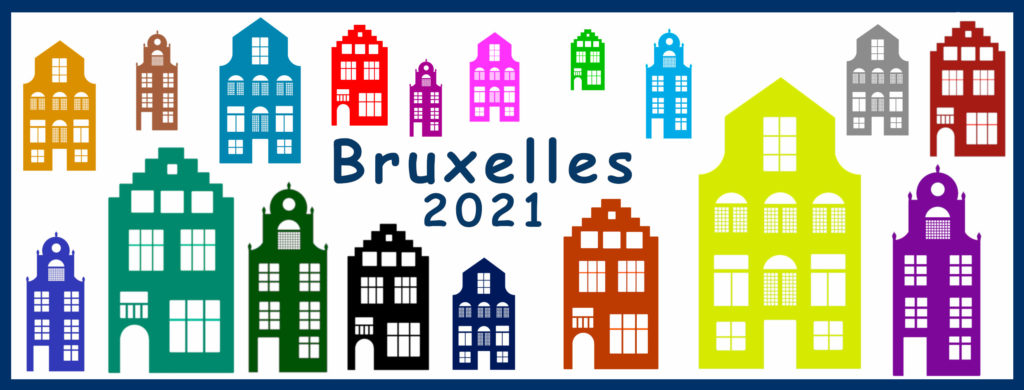




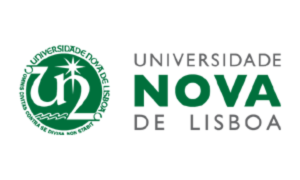


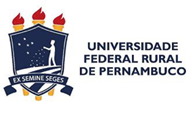
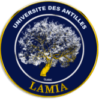
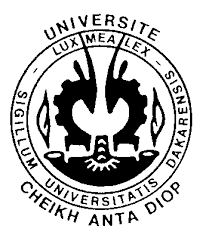

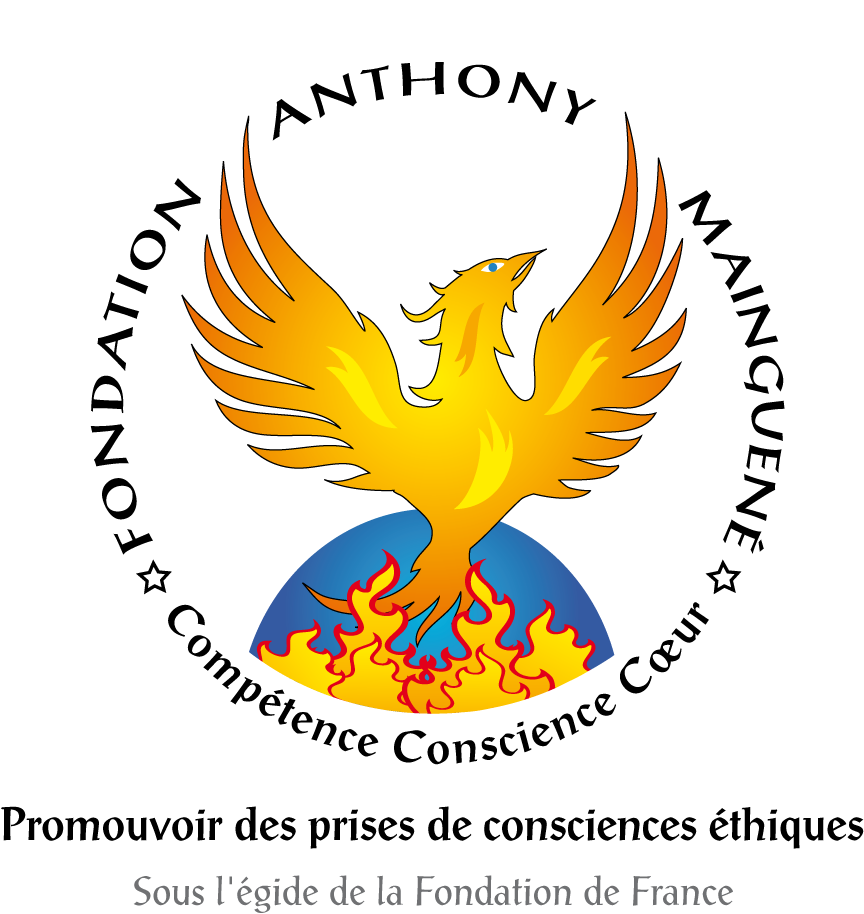
With the support of the Anthony Mainguené Foundation
2020 Call for papers (closed)
Call for papers to download, in PDF format or DOCX format
Digital is everywhere. At home, in industry and administration, in transport, in the pocket, in the office… The industrial revolution is mainly a technological evolution in production systems, mass production taking precedence over craftsmanship, the emergence of new skills unrelated to familiar activities, the exploitation of fossil fuels giving way to animal and human power, the development of long-distance transport means contributing to the intensification of commerce. Materialism, through the enjoyment of goods, becomes the vector of industrial and economic development.
Digital, another upheaval? Just like Aesop’s tongue, Digital could be the best and worst of things. Our daily life is imbued with it, at home, in our travels, our professional, leisure and sports activities, our health, our relationships. Nothing escapes it. We will speak of transition insofar as our activities in these most diverse fields become contingent on the use of digital means and intermediaries. The smartphone is an indisputable illustration of this, such that being deprived of it is increasingly excluding us from many resources necessary for daily life. Of course, new opportunities and facilities open up by clicking on a screen, but they also generate new risks and challenges. Is everyone, from all areas of professional and social life, in sync and prepared for this transition to increasingly operate through the virtual world? The materialism of the industrial revolution has been virtualized. A new phase has begun. What are the consequences? What are the stakes, risks and challenges?
The expected presentations and papers (oral, workshop or symposium) will take on a critical approach on the contributions of digital technologies in supporting digital change and transition. The scientific committee will check that the content proposed by authors include theoretical and empirical aspects that are carefully articulated and presented in a rigorously established methodology. The same will level of quality will be expected for the plenary lectures, round table discussions and poster presentations, which will offer a variety of approaches to the topics addressed.
The challenges of the digital transition will be examined and developed through the various themes suggested below (non-exhaustive list):
- Digital ecosystems, eco-digital culture and eco-communication
- The study of processes and ethics
- Mediatised communication and its new forms
- The predominance of “thumb-index tools” in the different activities and communication
- The human in all this?
- The solution of continuity between digital innovators and users
- Life with algorithms and digital conditioning
- Communication reinvented
- Fact checking, fake news
- Digital persuasion, ICTs and addiction
- Adaptability, agility
- Digital exclusion and digital-illiteracy
- Ergonomics
- E-health
- The strategies of GAFA and platforms
- New skills for the digital world
- New activities and new forms of management
- Communication and management of the digital transition
- Internet governance
- The evolution of work and industrial systems
- Privacy and its preservation
- Regulations…
Contributions
The contributions can be presented in various formats:
- Oral Presentation: 15 minutes Oral presentation with a PowerPoint visual aid, followed by 5 minutes of discussions per presentation
- Symposium: Session of 1h30 organised by one or several contributors on a theme, comprising numerous oral presentations (maximum of 5 speakers including the applicant). Session of 1h30 organised by one or several contributors on a theme, comprising numerous oral presentations (maximum of 5 speakers including the applicant). The applicant must contact the speakers of their choice for the symposium to take place.
- Workshop: The workshop, organised in a 1h30 session, is a space for sharing experiences and ideas. The participants are engaged and contribute to a collective piece of work on a given theme. The workshop organiser presents the theme and ensures the support of at least two contributors.
- Displayed Poster or Demonstration: Displayed poster (A0 size: 841 x 1189 mm) in the relaxation area, possibly with demonstrations.
Presentations will be in either English or French. They may be in the form of oral presentations, symposia, workshops or posters.
All accepted proposals will be published in the conference proceedings in digital format, provided the author or one of the authors is registered and present at the conference.
Proposals will be made in English or French (title, 5 keywords, 2 pages of proposal, bibliography. Indicate the theme you wish to address). In addition to the name of the applicant, proposals for workshops and symposia will include a detailed list of speakers with their contact details, the title of their talk and a one-page description of their presentation. The duration of a workshop and/or symposium is set at 1h30′. Poster presentations will be displayed for the entire duration of the conference.
Presentations and interventions in symposia or workshops should be presented in the following way:
- First Page: Title of the presentation; author, university, organisation, institution or company, position held, email address, postal address, telephone/fax number.
- Second Page: Title of the intervention, 5 key words, abstract of 5,000 to 6,000 characters outlining the subject of the communication proposal, the methodological framework, the corpus of data analysed and the expected or obtained results.
Selected proposals may be subject to modifications or revisions requested by the Scientific Committee.
Proposals should be sent no later than 30 March 2020, to: eutic2020@gmail.com.
Please include: “Communication Proposal EUTIC2020” in the subject line of your email.
The completed text, in accordance with the organisational modalities found on the conference website, should be sent no later than 14 December 2020 so as to be published in the conference proceedings.
The final text should not exceed 12 pages or 36,000 characters, (including the footnotes, bibliography and any graphs, tables or appendix). The document template can be downloaded from the conference website http://conference-eutic.org.
Conference Venue
ULB (Université Libre de Bruxelles). Avenue Jeanne, 44, 1050 Brussels
Further information
- Conference Website : http://conference-eutic.org
- René Patesson: eutic2020@gmail.com
- Cathy Vancleve: +32 2 650 34 89
Translation of the call for Papers Eutic 2020
- Sawsan Atallah Bidart. PhD Information Sciences Marketing Communications Instructor Associate Researcher at MICA Bordeaux
Committees 2020-2021
EUTIC network steering committee
- Lise VIEIRA, Université Bordeaux-Montaigne – Coordination du réseau (FRA) – Membre fondateur
- Serge AGOSTINELLI,Université des Antilles (FRA)
- Noble AKAM, Université Bordeaux-Montaigne (FRA)
- Didier BALTAZART, Université de Reims (FRA)
- Carlos CORREIA, Universidade Nova de Lisboa (PRT) – Membre fondateur
- Raja FENNICHE DAOUAS, Université de la Manouba, Tunis (TUN)
- Dimitris GOUSCOS, Athens University (GRC)
- Claude LISHOU, Université Cheick Anta Diop (SEN)
- Michael MEIMARIS, Athens University (GRC) – Membre fondateur
- Francisco Luis DOS SANTOS, Universidade Federal Rural de Pernambuco, (BRA)
- Rodrigo DE SOUZA, Universidade Federal Rural de Pernambuco, (BRA)
- René PATESSON, Université Libre de Bruxelles (BEL) – Membre fondateur
- Irene TOMÉ, Universidade Nova de Lisboa (PRT)
EUTIC 2020-2021 scientific committee
- Serge AGOSTINELLI,Université des Antilles (FRA)
- Noble AKAM, Université Bordeaux-Montaigne (FRA)
- Isabel ALÇADA, Universidade Nova de Lisboa (PRT)
- Yves ARDOUREL, Université Toulouse 2 (FRA)
- Daniel BONNET, Université Jean Moulin (FRA)
- Christian BASTIEN, Université de Lorraine, Metz (FRA)
- Isabelle CHOQUET, ICHEC Management School à Bruxelles (BEL)
- Peter CAREW , Waterford Institute of Technology (IRL)
- Dimitris CHARITOS, Athens University (GRC)
- Carlos CORREIA, Universidade Nova de Lisboa (PRT)
- Juliana Regueira Basto DINIZ, Universidade Federal Rural de Pernambuco – Recife (BRA)
- Ioannis DRAGONAS, Technological Educational Institute of Ionian Islands (GRC)
- Alain ESCADAFAL, Université Bordeaux-Montaigne (FRA)
- Raja FENNICHE DAOUAS,Université de la Manouba, Tunis (TUN)
- Andreas GIANNAKOULOPOULOS, Ionian University (GRC)
- Dimitris GOUSCOS, Athens University (GRC)
- François HEINDERYCKX, Université Libre de Bruxelles (BEL)
- Jean Thierry JULIA, Université de Toulouse (FRA)
- Alain KIYINDOU, Université Bordeaux-Montaigne (FRA)
- Armand LIETART, CERIA (BEL)
- Claude LISHOU, Université Cheick Anta Diop (SEN)
- Moussa LO, Université Virtuelle du Sénégal (SEN)
- Maria CristinaMATTEUCCI, Université de Psychologie de Bologne ( IT)
- Michael MEIMARIS, Athens University (GRC)
- Gervais MENDY, Université Cheikh Anta Diop – ESP (SEN)
- Vincent MEYER, Université de Nice Sophia Antipolis( FRA)
- Costas MOURLAS, Athens University (GRC)
- Catherine PASCAL, Université Bordeaux-Montaigne (FRA)
- René PATESSON, Université Libre de Bruxelles (BEL)
- Marizete Silva SANTOS, Universidade Federal Rural de Pernambuco – Recife (BRA)
- Rodrigo DE SOUZA, Universidade Federal Rural de Pernambuco – Recife (BRA)
- Pierre-Michel RICCIO Ecole des mines d’Alès (FRA)
- Soufiane ROUISSI, Université Bordeaux-Montaigne (FRA)
- Annick SCHOTT, Université Bordeaux-Montaigne (FRA)
- Jean-Claude SPERANDIO, Professeur émérite de l’Université Paris-Descartes (FRA)
- Larry STAPPLETON, Waterford Institute of Technology (IRL)
- Michel SYLIN, CeRePOI, Université Libre de Bruxelles (BEL)
- Carlo TOMASETTO, Université de Psychologie de Bologne ( IT)
- Irene TOMÉ, Universidade Nova de Lisboa (PRT)
- Genevieve VIDAL, Université Paris 13 (FRA)
- Lise VIEIRA, Université Bordeaux-Montaigne (FRA)
Steering Group
Coordination : René PATESSON, Professeur del’Université (ULB – Bruxelles)
Collaboration : CeRePOI – Centre de Recherche en Psychologie des Organisations et des Institutions – ULB – Bruxelles
- Isabelle CHOQUET
- Armand LIETART
- René PATESSON
- Gaetan de PLAEN
- Annick SCHOTT
- Michel SYLIN
- Cathy VANCLEVE
- Lise VIEIRA
Scientific Partnership
Universités du réseau international EUTIC : Athens University, Universidade Nova de Lisboa, Université Libre de Bruxelles, Université Cheikh Anta Diop de Dakar, Universidade Federal rural Recife, Université de la Manouba de Tunis, Université des Antilles.
2020-2021 Important dates
For authors: style sheet to download
| Announcement of the call for papers | Feb. 2020, 11 |
| Deadline for submission proposals | April 2020, 20 |
| Author notifications | May 2020, 27 |
| Deadline for submission of full papers | September 2021, 6 |
| Deadline for conference and dinner registration at the preferential rate | September 2021, 15 |
| Conference dates | October 2021, 25-26 |
| Deadline for submission of the final text | November 2021, 22 |
2021 Registration fees
- Registration will be effective after payment by bank transfer of the fees to the EUTIC conference account (IBAN: BE50 6111 9825 3118 – BIC: DEUTBEBE). For payments by check, please contact us.
- Registration fees for access to the conference, proceedings (online), coffee breaks.
- The conference meal is charged in addition.
- Each paper is subject to registration fees and must be presented orally by at least one of its authors.
- All participants in the conference must be paid a fee (with or without communication).
- The members of the steering committee are registered in law for the conference and do not have to pay the registration fee.
| Payment registered before september 15th | From september 16th | |
| Doctoral students (unemployed, proof required) | 100 € | 120 € |
| Academics and researchers | 200 € | 250 € |
| Non-academics | 270 € | 320 € |
| Dinner | 60 € | 70 € |
